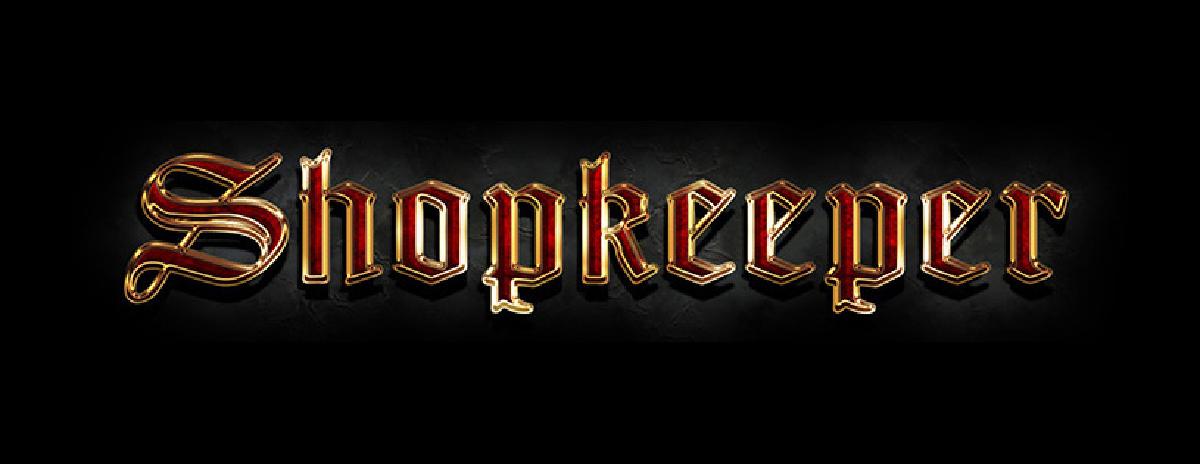Shopkeeper is a game that never went beyond very early playtesting.
In this game, you run a fantasy shop. The one where the heroes buy their +1 swords and sell the loot they took from the dungeon.
The game pre-dates similar games that became popular a few years later, such as Shoppe Keep (first version 2015, Shoppe Keep 2 in 2018), Winkeltje (2019) or the mobile game Shop Titans. Unlike them, however, it was never finished or published.
Development #
Here are a few screenshots from the development:
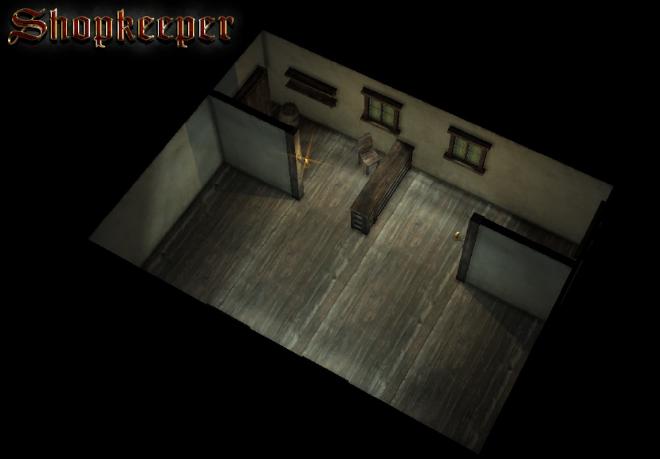
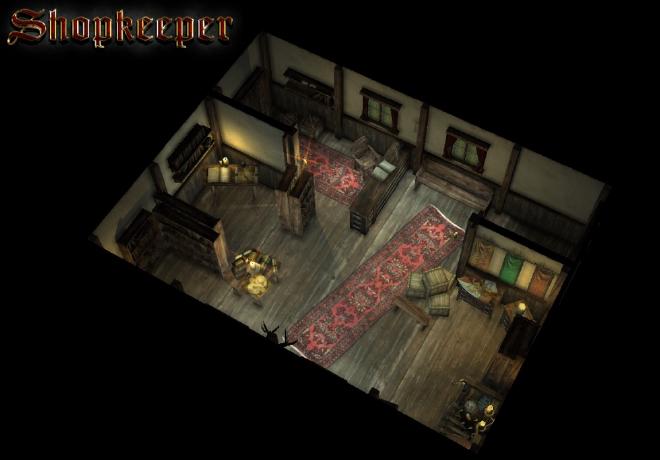
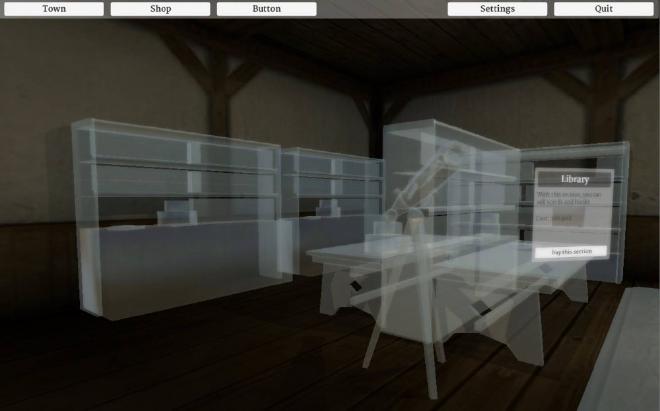
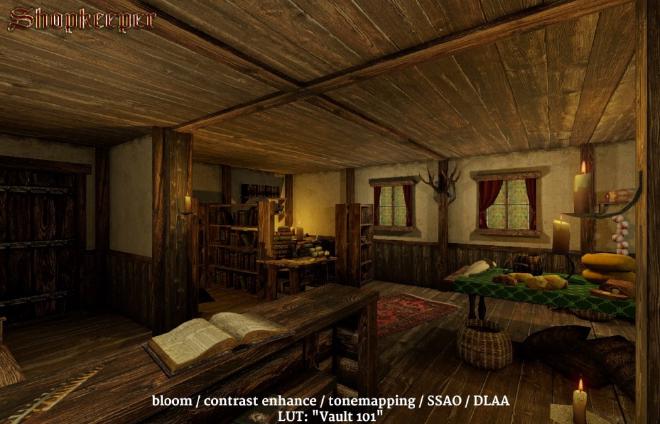
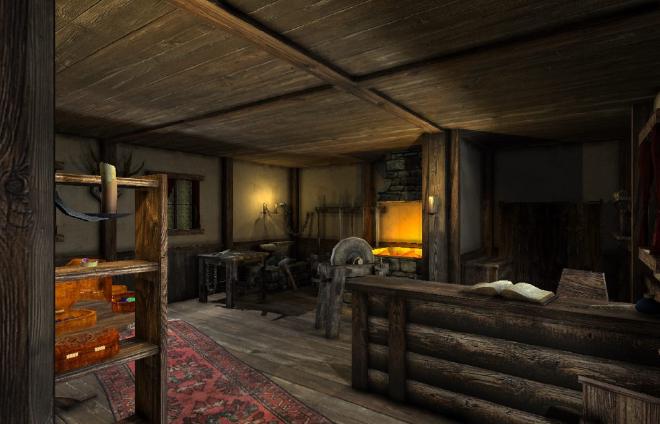
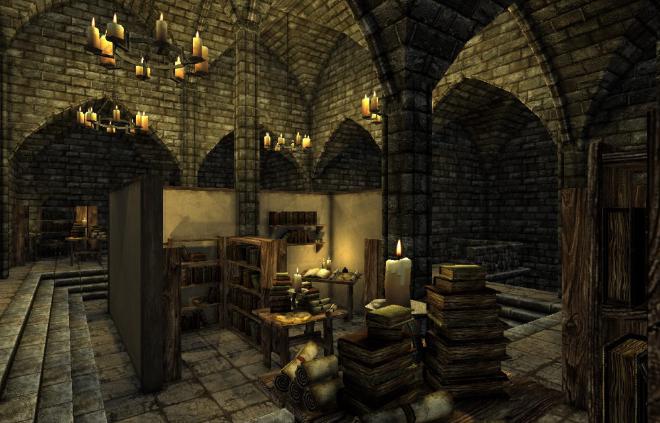
Technology #
The client was developed with Unity 3D as the game engine, while the backend server was a Symphony web application with REST API and Postgres database.
Dungeon Automator #
The part of the game that was most complete had nothing to do with the shop at all.
I wrote a complete auto-dungeon script where a party of heroes would venture into a dungeon, meet various traps and monsters, gain treasures and all that. Fully automated and procedural. This would generate a “diary” of their experience that the players could read when these parties came to their shops to restock.
The purpose of this script was for the parties to have better than randomly generated needs. If they had met a lot of monsters, they’d need healing potions (yes, the script would understand when they are low on health and make them use healing potions and all that). They would have gold depending on how successful their last run was. They would even gain experience points and all. Essentially, I automated D&D.
Still have that script somewhere. Maybe in the future I’ll find a use for it.
